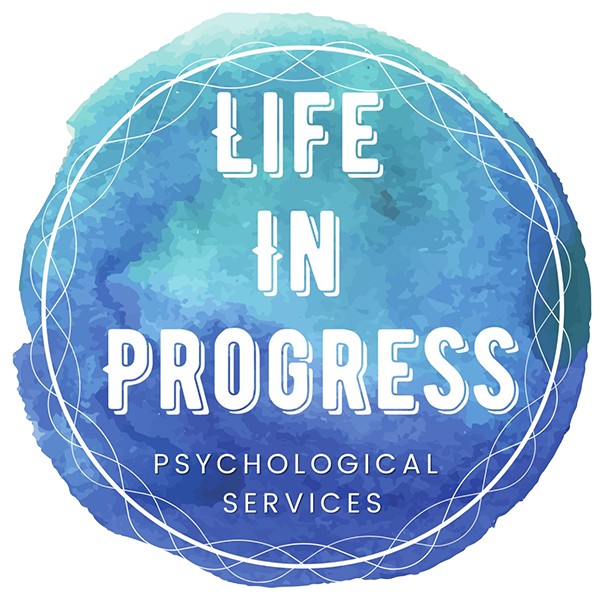Hey there! Whether you’ve been together for one year or twenty, communication is key to keeping your relationship strong and healthy. But let’s face it, we all sometimes let a few not-so-helpful phrases slip. Here’s a guide to those relationship no-no phrases and what to say instead to keep things on track. Please note this isn’t an exhaustive list, but some of the more common ones I have heard come up time and again in couples therapy.
Identifying Those Pesky Phrases
1. “You always…”
Why It Hurts:
Using absolutes like “always” puts your partner on the defensive and makes them feel unfairly judged. It implies that they are consistently failing, which can be disheartening and lead to resentment.
Say Instead:
“I’ve noticed that sometimes…” This opens up a conversation without making sweeping generalizations.
2. “You never…”
Why It Hurts:
Like “always,” “never” is an absolute that usually isn’t true and can make your partner feel unappreciated. It can make them feel like their efforts go unnoticed.
One Alternative to Say Instead:
“I would love it if you could…” This is a more constructive way to express your needs.
3. “Calm down.”
Why It Hurts:
This phrase often has the opposite effect and can make your partner feel dismissed. It minimizes their feelings and can escalate the situation.
One Alternative to Say Instead:
“I can see you’re upset. How can I help?” This shows empathy and support.
4. “I’m fine.”
Why It Hurts:
We all know “I’m fine” usually means “I’m definitely not fine.” It can create distance and misunderstanding because it stops the conversation instead of resolving the issue.
One Alternative to Say Instead:
“I’m feeling a bit off. Can we talk about it later?” This keeps the door open for honest communication. BONUS points for committing to a time for when “later” will be and ACTUALLY following through at the time you said.
5. “You’re just like your mother/father.”
Why It Hurts:
Comparisons, especially to family members, can sting and feel like a personal attack. It can bring up past issues and hurt feelings that aren’t relevant to the current situation.
One Alternative to Say Instead:
“I feel upset when…” Focus on your feelings and the current situation instead of making comparisons.
6. “It’s not a big deal.”
Why It Hurts:
Minimizing your partner’s feelings can make them feel invalidated and unheard. It suggests that their concerns aren’t important to you.
One Alternative to Say Instead:
“I understand this is important to you. Let’s talk about it.” Validate their feelings and show willingness to engage.
7. “Why can’t you be more like…?”
Why It Hurts:
Comparing your partner to someone else can hurt their self-esteem and damage your connection. It suggests that they’re not good enough as they are.
One Alternative to Say Instead:
“I really appreciate it when you…” Focus on positive reinforcement rather than comparison.
8. “Whatever.”
Why It Hurts:
This dismissive phrase can shut down communication and make your partner feel unimportant. It shows that you’re not interested in resolving the issue.
One Alternative to Say Instead:
“I need a moment to think about this.” Take a pause if needed but stay engaged in the conversation.
9. “You’re overreacting.”
Why It Hurts:
This can make your partner feel their emotions are invalid or exaggerated. It’s dismissive and can prevent meaningful dialogue.
One Alternative to Say Instead:
“I want to understand why you feel this way.” Show that you’re interested in their perspective.
10. “I’m done.”
Why It Hurts:
Threatening to end the relationship during an argument can cause significant harm and insecurity. It can lead to fear and a lack of trust.
One Alternative to Say Instead:
“I’m feeling overwhelmed right now. Can we take a break and come back to this?” This allows for a cool-down period without making drastic statements. BONUS points for committing to a time for when “later” will be and ACTUALLY following through at the time you said.
Building Connection and Hope (YAAAAS please!)
In relationships, it’s not just about avoiding the bad; it’s also about embracing the good. Here are some phrases that can build connection and hope:
- “I appreciate you because…”
- “Thank you for…”
- “I’m proud of you for…”
- “I love how we…”
- “What can I do to support you?”
How Therapy Can Help
Engaging in couples therapy can transform your relationship. Couples counseling provides a safe space to explore issues, improve communication, and deepen your connection. Working with a seasoned therapist (like yours truly!) can help you:
- Identify and change negative communication patterns.
- Develop healthy ways to express needs and desires.
- Strengthen emotional intimacy and trust.
- Navigate conflicts with empathy and understanding.
- …and more!
Investing in therapy is investing in your relationship. Let’s work together to build the loving, resilient partnership you deserve.
References
-
Gottman, J. M., & Silver, N. (1999). The Seven Principles for Making Marriage Work. Three Rivers Press.
- This book outlines research-based principles for improving marriage and relationship satisfaction.
-
Chapman, G. (1992). The 5 Love Languages: The Secret to Love that Lasts. Northfield Publishing.
- This book introduces the concept of love languages, which are different ways people express and experience love.
-
Tatkin, S. (2016). Wired for Love: How Understanding Your Partner’s Brain and Attachment Style Can Help You Defuse Conflict and Build a Secure Relationship. New Harbinger Publications.
- This book explores how understanding neurobiology and attachment styles can improve relationship dynamics.
With a little awareness and a lot of love, you can avoid those relationship landmines and create a happier, healthier bond. Remember, I’m here to help you navigate the ups and downs of your relationship journey. Let’s make positive changes together to strengthen that connection!



